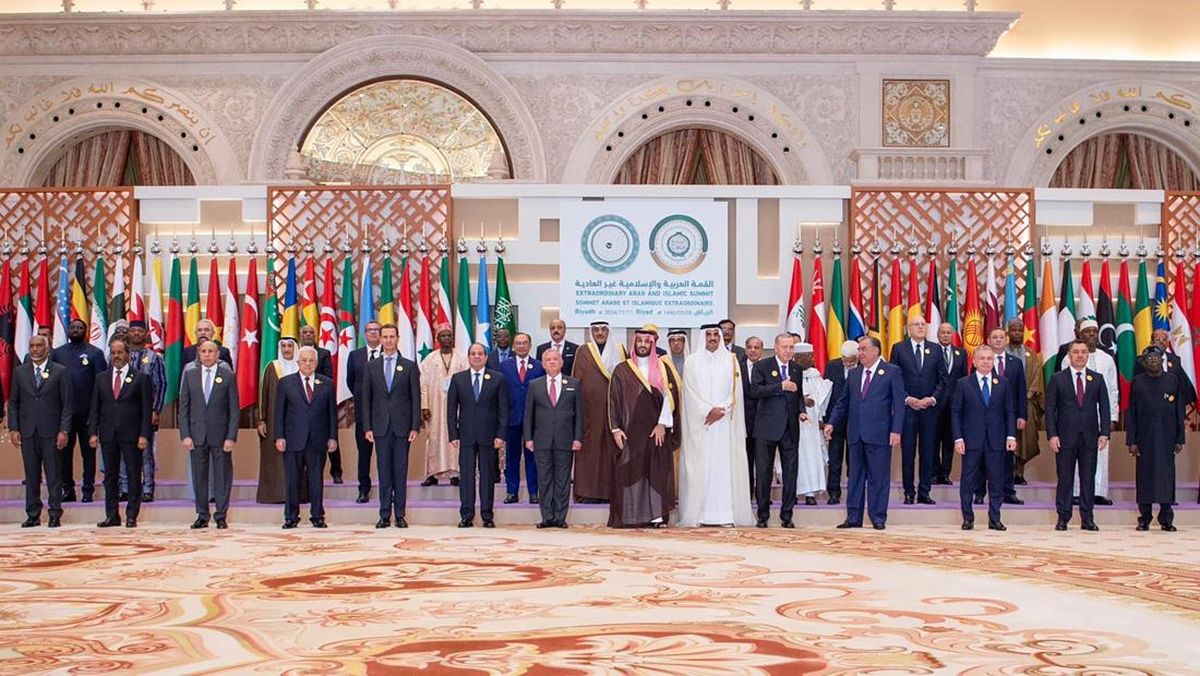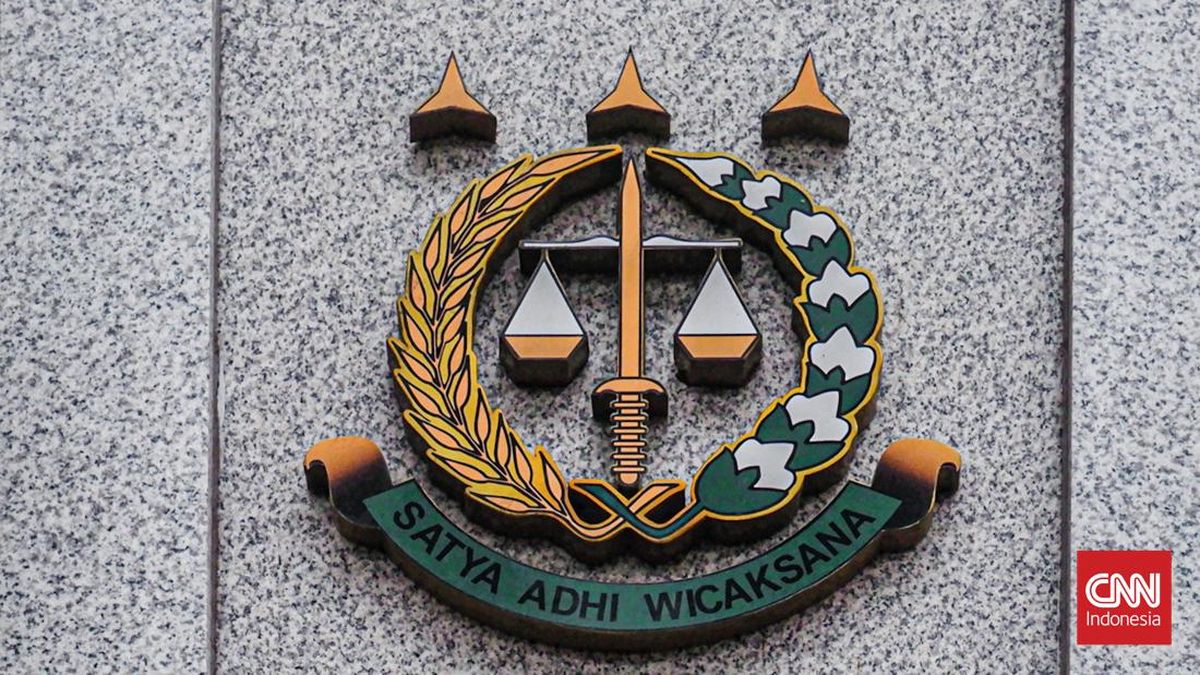A departmental briefing prepared for Watt and released under freedom of information laws warned that if the extension were granted, emissions from the Karratha plant could impact the ancient rock art and heritage values of the Dampier Archipelago, including Murujuga.
Traditional Custodian Raelene Cooper applied to the government for a cultural heritage assessment of Murujuga under Section 10 of the Aboriginal and Torres Strait Islander Heritage Protection (ATSIHP) Act. The Federal Court in August ruled the federal government had unreasonably delayed its response to her application.
Loading
Section 10 of the Act allows the environment minister to preserve culturally significant sites and to stop any works that could “desecrate” those sites, and Cooper claimed Woodside’s emissions were accelerating the degradation of the rock art.
On Friday, Watt said he had made a partial declaration to protect the heritage value of Murujuga but that the declaration would not prevent industry from operating in the area.
This, he said, would protect “a significant Aboriginal heritage area and/or objects that are under threat of injury or desecration”.
“The declaration will mean additional legal protections placed over part of the area, to ensure Murujuga’s ancient rock art is appropriately protected into the future,” he said.
“Importantly, this decision does not stop industry from operating at Murujuga.”
Watt gave preliminary approval in May to the 40-year expansion of Woodside Energy’s operations in the north-west of WA – comprising a vast network of offshore oil and gas infrastructure and the onshore gas-processing hub in Karratha.
But until now the conditions the government had sought to impose on Woodside’s vast oil and gas operations have been shrouded in mystery.
When he gave provisional approval to Woodside’s extension Watt imposed what he described as strict conditions on the project, although he refused to make them public on advice from his department.
Woodside chief executive Meg O’Neill said last month the government was seeking conditions that were “not based in science” or “technically feasible”, and that were at odds with the limits imposed by the West Australian government when it signed off on the project in December.

The scattered rock art of Murujuga, with Woodside’s Karratha plant in the background.Credit: Save Our Songlines
The news comes as Prime Minister Anthony Albanese prepares to unveil the government’s 2035 emissions reduction targets next week.
The government has been awaiting advice from the Climate Change Authority, led by former NSW Liberal treasurer and climate change minister Matt Kean, before announcing a new national 2035 emissions reduction goal.
The independent authority is expected to recommend a target to Climate Change Minister Chris Bowen in the 65-75 per cent range.
It also comes as Pacific leaders gather in the Solomon Islands capital Honiara for the Pacific Islands Forum, which has been dominated by discussions about climate change and security.
Pacific Islands Climate Action Network regional director Rufino Varea said Pacific leaders “must judge actions, not promises” as Australia continues to bid for the right to host the next international climate summit, COP31, in partnership with the Pacific.
“If Australia truly wants to partner with the Pacific for COP31, it must prove it with a genuine and strong climate plan,” Varea said.
“That plan must align with keeping warming to 1.5C and stop new fossil fuel expansion. Approving the North West Shelf gas extension will break trust and undermine any claim to be a ‘Pacific’ partner, and could very well be considered an internationally wrongful act following the advisory opinion recently handed down by the International Court of Justice.
“It would show that ‘hosting with the Pacific’ is a slogan, rather than a commitment.”
The Climate Council had described Woodside’s original bid as a “carbon bomb” that would lock in more than 4 billion tonnes of climate pollution – equivalent to a decade of Australia’s annual emissions.
Watt said the new conditions imposed on the project demonstrated the government was committed to protecting First Nations culture and protecting jobs.
“It’s not one or the other.”
Get alerts on breaking news as it happens. Sign up for our Breaking News Alert.


















































